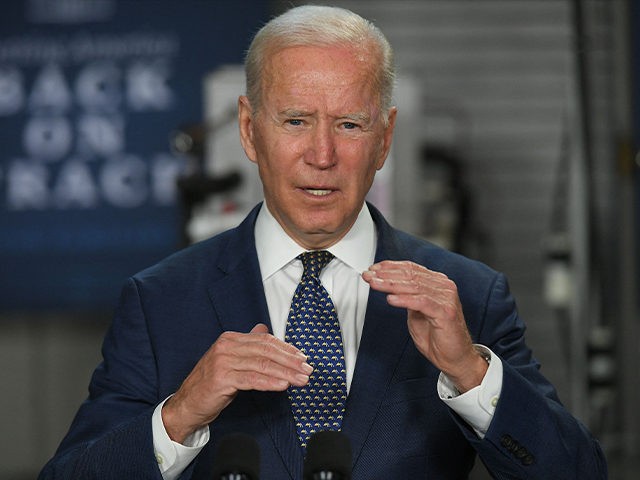The highest level of core inflation in nearly 30 years has been stoked by the record high budget deficit in the first eight months of the federal government’s fiscal year.
The budget deficit grew to $2.1 trillion by the end of May, the Department of Treasury said Thursday. A year ago, the budget deficit stood at $1.9 trillion.
For the first eight months of the 2021 fiscal year, receipts were up 29 percent while outlays rose 20 percent. The increase in receipts is largely because tax day was delayed until July last year and only until May this year.
Analysts expect that the fiscal deficit will set a new record this year, topping last year’s record $3 trillion deficit.
Because the government moved tax day until May 17th, the monthly deficit last month was substantially lower than it was a year ago. The government spent $132 billion more in May than it took in in taxes, duties, and fees, down from $399 billion last May. Revenue for the month was up 167 percent from last May while expenditures were up just 4 percent.
Not coincidentally, the era of the largest budget deficit has also seen a rapid rise in inflation. In a separate report Thursday, the Department of Labor said its Consumer Price Index rose 0.6 percent for May and is up 5 percent over the past 12 months.
Despite the hotter than expected inflation figures, the yield on the 10-year Treasury note fell on Thursday, an indication that bond traders expect the Fed to continue to accommodate large budget deficits and tolerate higher inflation.

COMMENTS
Please let us know if you're having issues with commenting.